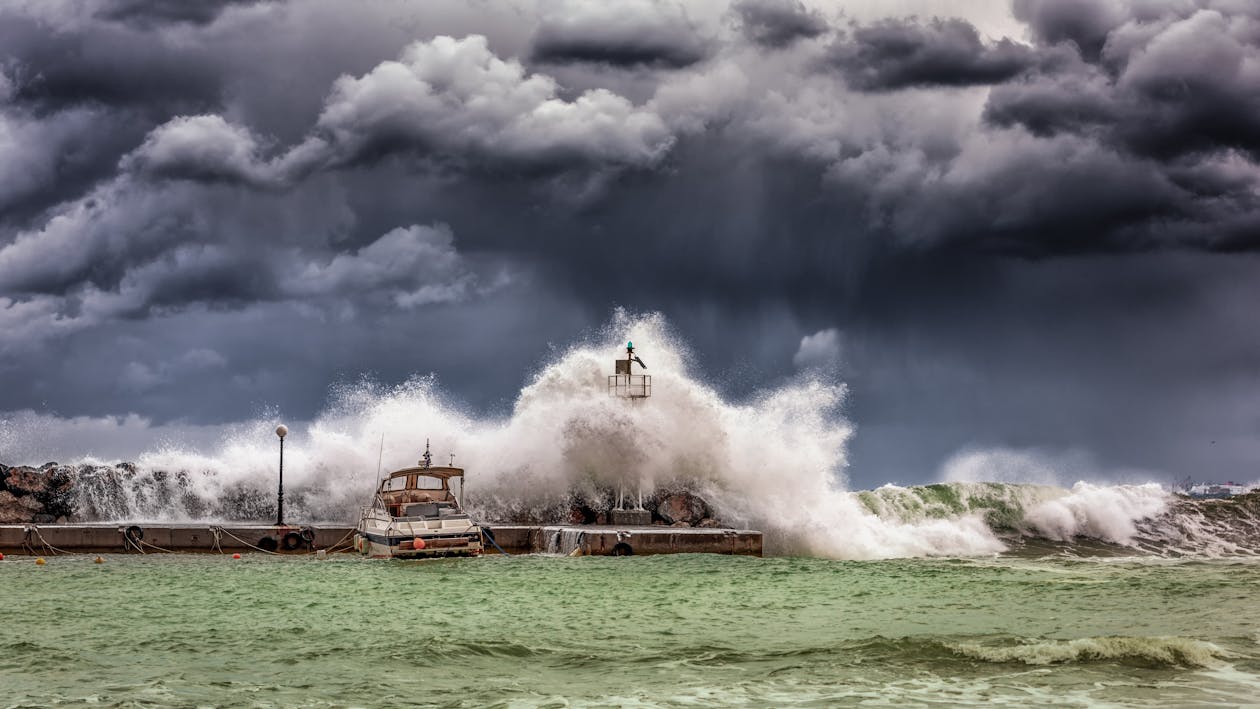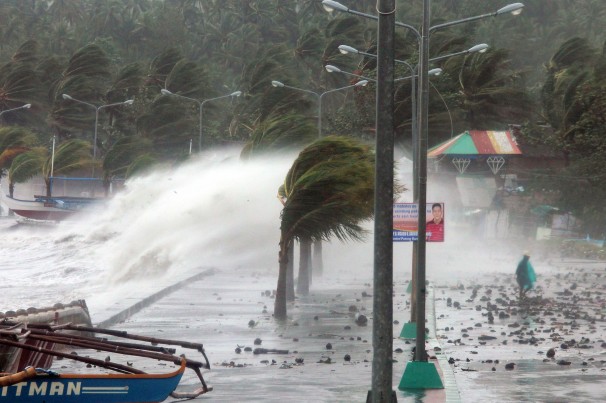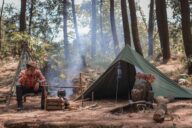You never know when a natural disaster could be around the corner. While there’s no reason to live your life in fear, it’s definitely a good idea to be prepared just in case. Ideally, outdoor weather sirens will alert you when necessary, but you’ll often need to stay put which means you’ll need to make sure you’ve got everything you need to get through the disaster close at hand. Here are some tips to make sure you’re prepared for a natural disaster:

Create an emergency supply kit
This is the first step, and it’ll help make sure you’re prepared for anything. Basically, it’s a kit full of medicine, water, food, and any other emergency supplies that you’ll keep in your car, work, and home. Every few months, check that your emergency kit is fully-stocked and the water is good. Check the expiration dates of medical supplies and food, and make sure you customize your kit based on your family’s unique needs- especially if you have kids or pets.
Basic necessities include water and food which should last for at least 72 hours in case there is a prolonged emergency. Plan for at least one gallon of water per day per each person. Make sure to also include enough food (non-perishable). Keep your kit in a plastic bag, and keep food in airtight plastic bags. Store it in an accessible location like the trunk of your car or your garage.
Be prepared to stay put
Even if you’d like to leave town, unless you’re being told to evacuate, it’s a good idea to stay where you are. Airport weather equipment may indicate that it’s not safe for planes to fly, and you’ll often find that lightning detection network equipment will encourage most people to stay off the roads and away from trees and tall buildings.
Create a disaster plan
Talk to your family about what you’ll do in the event of a disaster- especially if you’re separated. Where will you meet? Who’ll take the pets? Sign up for your area’s severe weather alerts, and program any important emergency numbers into your phone. Make sure you have escape routes from your neighborhood and home. Be prepared for some routes to be blocked. Ensure everyone knows how to shut off the utilities, and consider taking a first-aid and CPR class. It’s also a good idea to have some emergency cash on-hand in case ATMs aren’t working.










